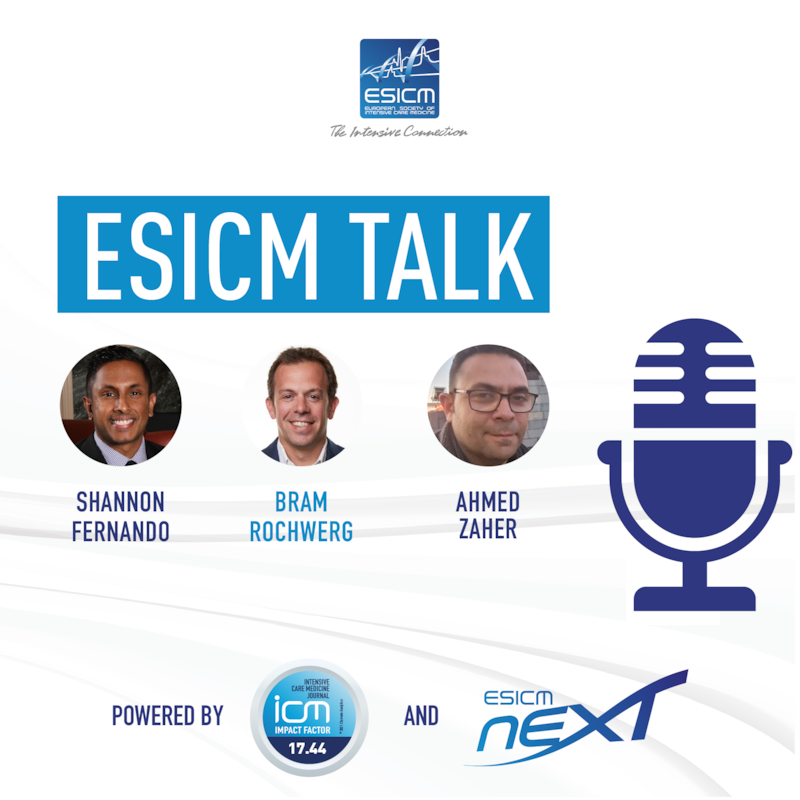Shownotes
Clinicians use noninvasive respiratory support interventions in the post-extubation period to mitigate the risk of extubation failure. These interventions [noninvasive positive pressure ventilation (NIPPV) and high-flow nasal cannula (HFNC)] have been shown to be efficacious in preventing initial intubation in patients with hypoxemic respiratory failure, but their efficacy in preventing post-extubation respiratory failure and reintubation is less clear.
A systematic review and network meta-analysis of randomised controlled trials (RCTs) to evaluate the relative efficacy of conventional oxygen therapy, NIPPV, HFNC, and the strategy of alternating NIPPV and HFNC during the post-extubation period in reducing extubation failure and short-term mortality among critically ill adults, was conducted. We have interviewed Dr Fernando and Dr Rochwerg to explain these study findings.
Speakers
Shannon FERNANDO. Division of Critical Care, Department of Medicine, University of Ottawa (CA).
Bram ROCHWERG. Department of Health Research Methods, Evidence, and Impact, McMaster University, Hamilton (CA) and Department of Medicine, Division of Critical Care, McMaster University, Hamilton (CA).
Ahmed ZAHER. Oxford University Hospitals (UK). ESICM Next Committee member.

